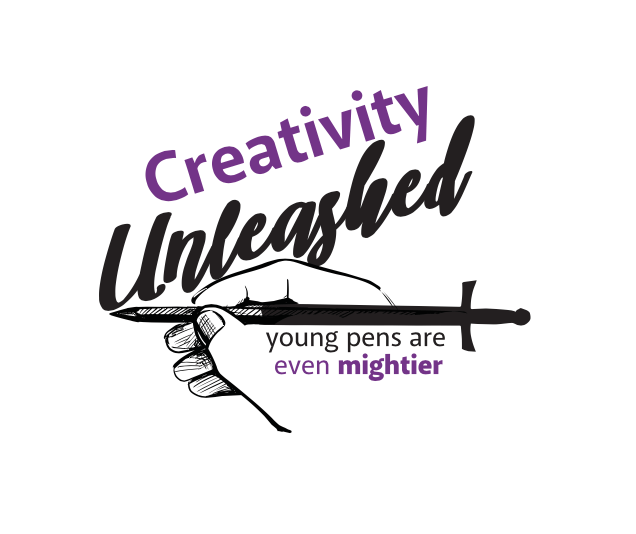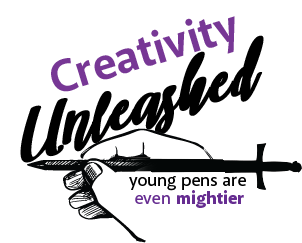We Are The People
On a quiet night with the moon the only thing to shine through the darkness, Lukas signed his name in spray paint. He positioned it carefully under his artwork; it was a bird being tied down to the ground by chains. Upon its completion, he joined thousands of voices speaking against the Soviet’s rule in East Germany. Nowadays, graffiti was the only way to express a contrary viewpoint without being imprisoned.
“HEY! YOU!” A police officer spotted the artist when he had just finished his name. Young and fierce, his eyes went mad like a bull to a red rag when he saw the message painted there. He ran towards Lukas, furious, with his flashlight pointing directly in front of him to identify the suspect. He wanted to place the face with the name.
“God damn police,” Lukas mumbled. Covering his identity with his hood, he dropped his paint can and rushed through to escape. After a few corners turned and a few dark alleys passed, the painter finally reached his apartment. For now, he was alone again.
He sighed. “It’s like having my mouth muffled; they think they can silence us forever. That they can keep us down.” Working on auto-pilot, he grabs the watering can on the table and begins to nourish the dandelion flowers that live in his balcony pot. All the other flowers died because of the pollution from the factories that had been erected. Although it came uninvited, this little weed had become the only dash of color in a monochromatic world.
Lukas lives in a seven-story-high apartment, concrete gray with black painted metal bars. The dwindling yellow fluorescent lights are the only colors you can see in this building. Lukas’ room, however, opens up a portal to a different color scheme. The tones sparkle with life, contrasting with each other in pleasing patterns. In the corner sits a picture frame that holds a family portrait. His parents and his siblings had been separated from him by the Berlin wall. Despite their infinite efforts to reunite, their applications had continually been rejected.
With every failed attempt, Lukas’ anger had grown stronger than the concrete boundary that divided Germany in two. And his patience had since run out.
***
As Lukas’ name spread out from beyond the confines of that wall, people began to see his art, and they began to form alliances. They meet weekly and create graffiti together - messages about families lost or killed, about their wishes for what Germany could be, and their distrust in their leaders. And to them, they begin to contribute to a graffiti quilt that Lukas had started. The dawn of the anti-communist party has begun. ‘The people’ have awakened.
“We are the people,” Lukas had said once in a gathering. “Under the shadow of oppression, we stand united, as one, as the people. Together, we WILL usher our own future into freedom and liberty.” The people cheered. It was a good speech, a good dream.
As protests abound, the police batons, meant for the protection of the people, land on their backs instead. Many are arrested, but more join, and this alliance soon becomes known as, ‘The people.’
The party grows, and the small gatherings becoming full-fledged meetings. The alliance is now known as local heroes. As more protests fill the streets, the East German government tries even harder to find Lukas. Of course, the people help the people, so the Stasi can’t find him at all until one night, when they do.
Lukas sits in his living room on a typical evening, eating his dinner, when two Stasi officers kick down his door.
“Lukas Schneider, age 22, due to anti-communist and anti-government activities, you’re under arrest.” Before Lukas can say a word in his defense, two more officers pin him down and cuff him. They take him to the Stasi prison, a place where many of his peers had gone but none had returned out of.
“Mr. Schneider, I’ve heard many things about you.” Lukas’ interrogator appears to be somewhere in his 30s, and he wears a clean, crisp suit that contrasts with the roughed-up jacket Lukas wears. The tension in the room is almost visible.
“The revolt won’t stop; justice is on our side. Your government’s days are drawing to an end.”
The officer stares into him, unfazed and as if he’s trying to look through Lukas’ soul. “This isn’t a fairy tale, and the protests? They will stop, my friend. They will stop.”
Lukas is thrown into a jail cell. He wants to continue his fight, but what he doesn't know is that the seeds of the dandelion have followed the wind, and planted themselves everywhere, into everyone’s heart. As Lukas contemplates the uncertainty of his future, a sound, small at first, begins to build outside of his jail cell window. It is the people. And there are many of them.
They chant “We are the people!” as they approach the prison gates.
Lukas stands up to see outside of his window - he hears guns fired one after the other. He sees protesters falling back and the police advancing forward.
He trembles with every shot, as if they land on his body. He kneels down on the floor and mumbles, “It’s all over.”
The people yell in pain, sorrow, and fear, and these sounds clash with the uncaring voices of the guns’ bullets. Lukas sits there, as if the tides of the gunshots hit him over and over, until he has to admit their defeat.
With a smile of victory, the Stasi officer enters the jail cell.
“Well, Mr. Schneider. I believe you have been watching tonight’s festivities?” He waits for Lukas to respond but then from his immediate response, has clearly decided he doesn’t care. “It will stop. It has stopped.”
With one big push, he slams the cell door shut behind, laughing like a maniac. But as the cries of the people are subdued, a dandelion seed flies in.

